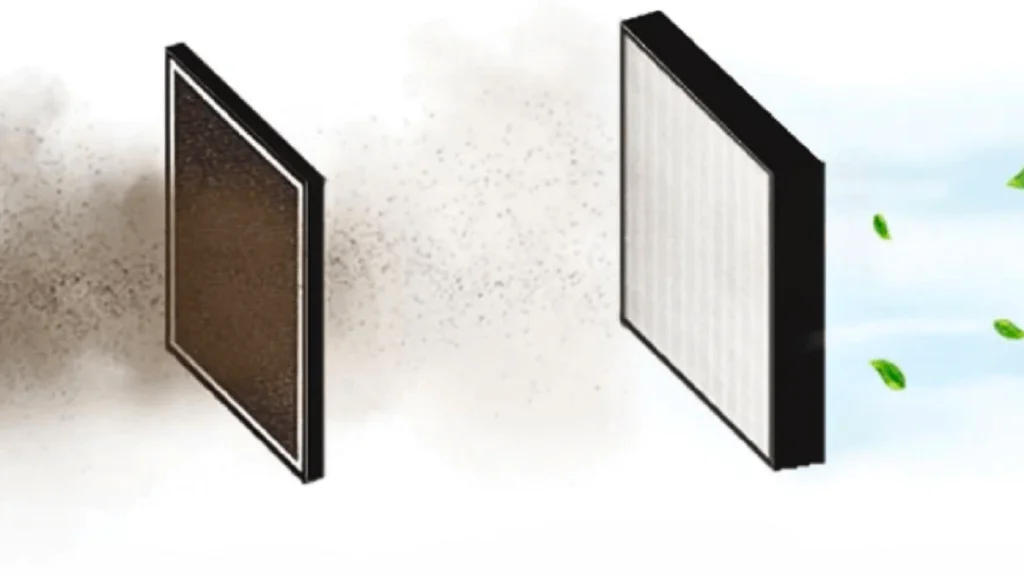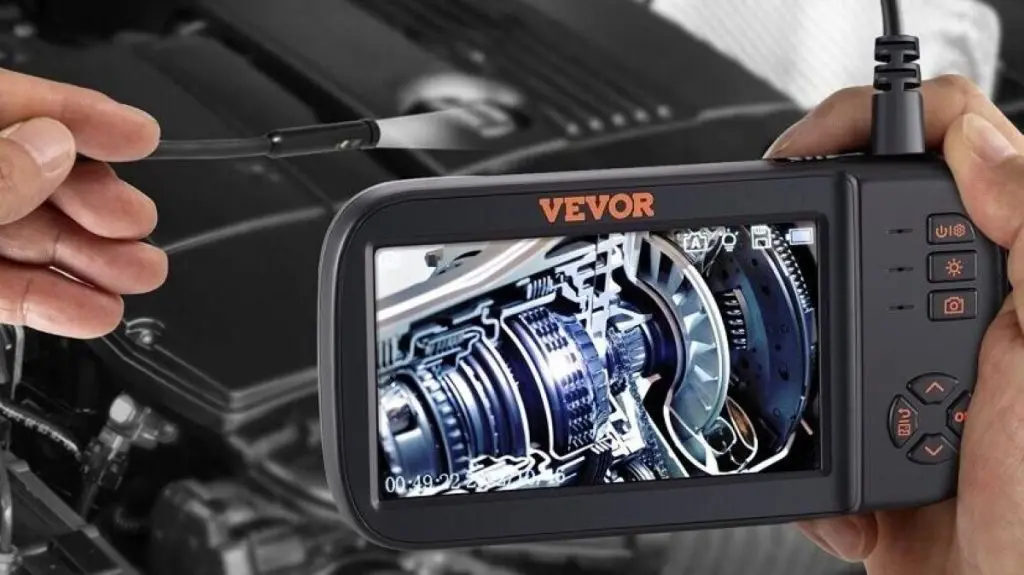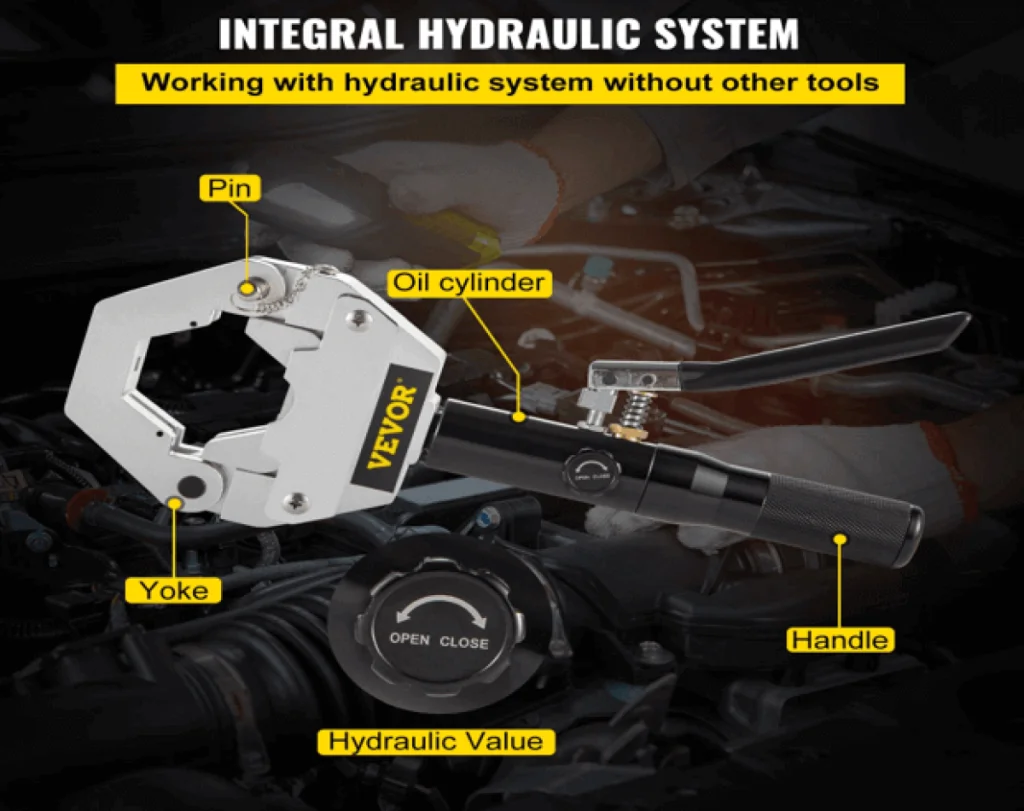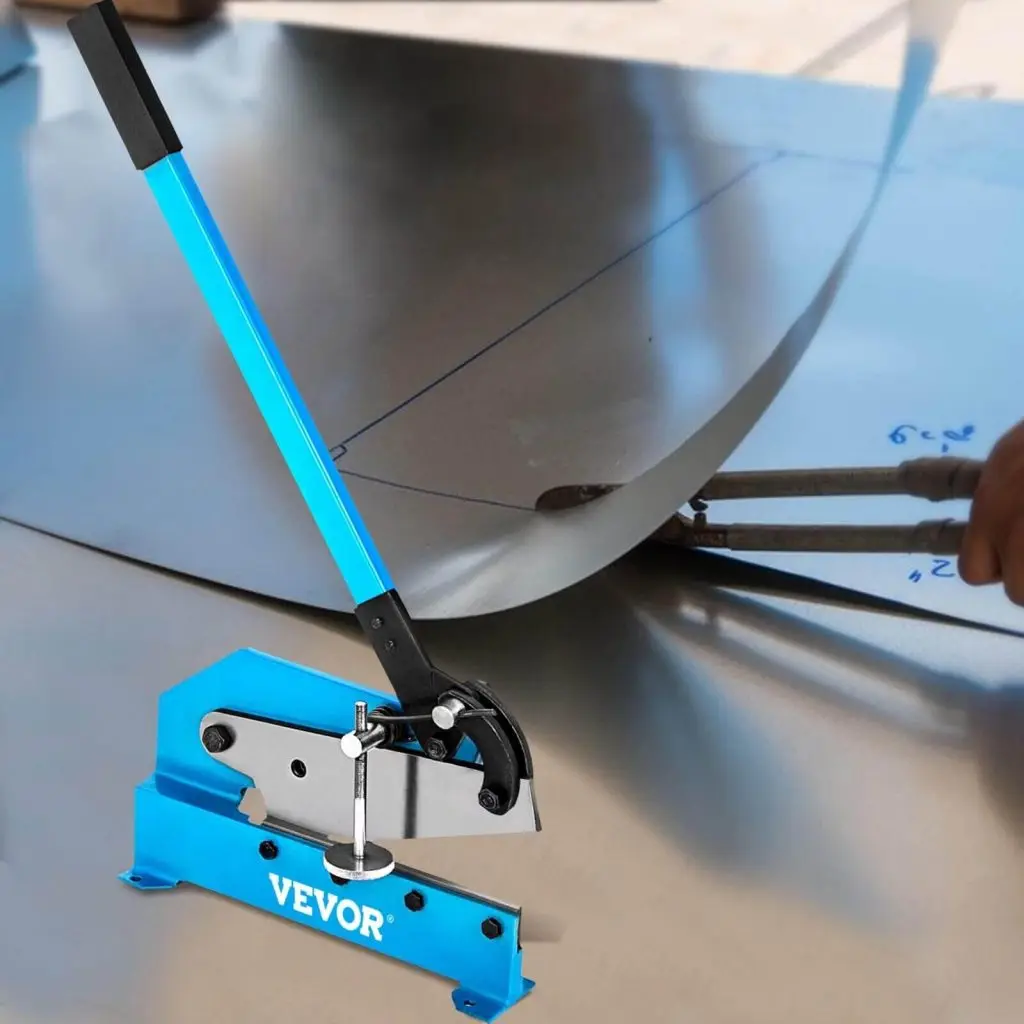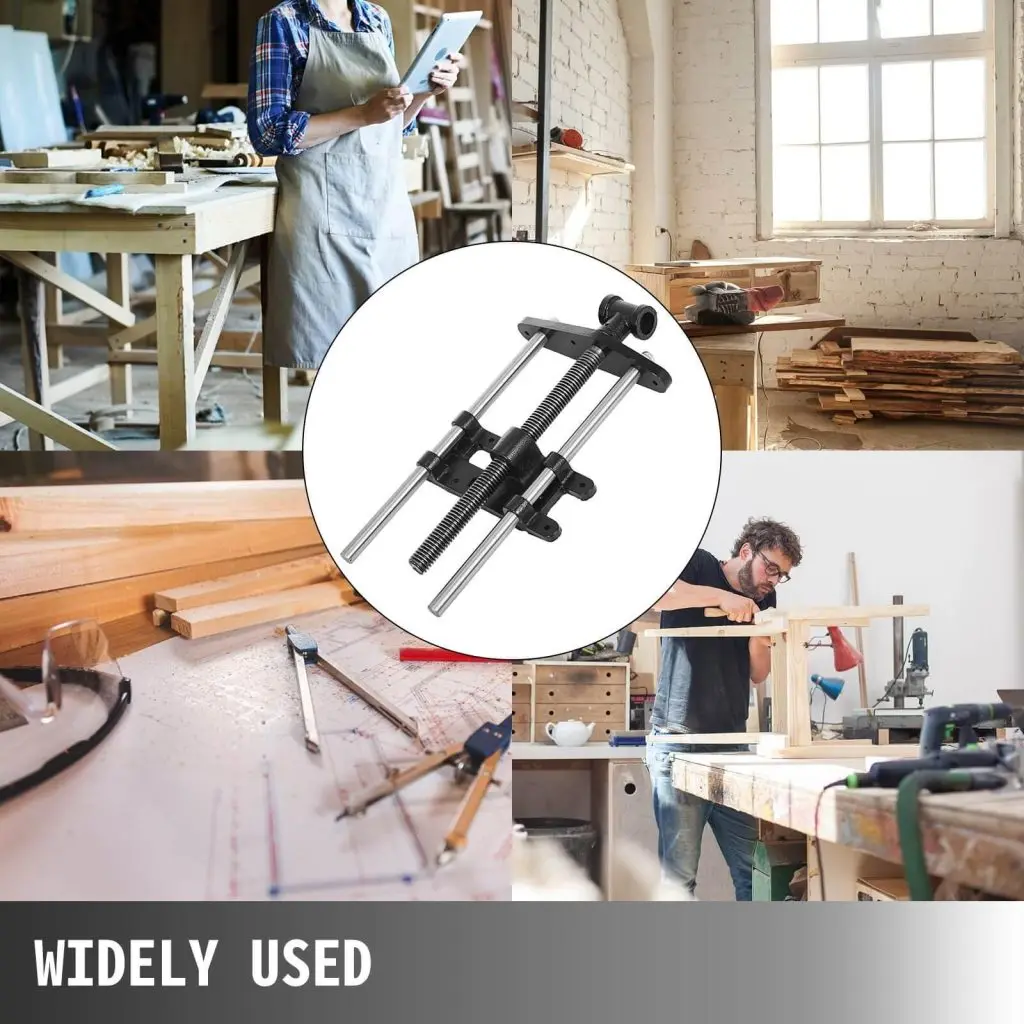To maximize the efficiency of your air purifier, it’s important to install high-quality filters. Different filters do different types of work and target different types of pollution. Some air filters capture smaller particles, and others target the largest ones.
But to know the difference between carbon filters vs. HEPA filters, how they work, and their specifications, take a closer look and read this guide.
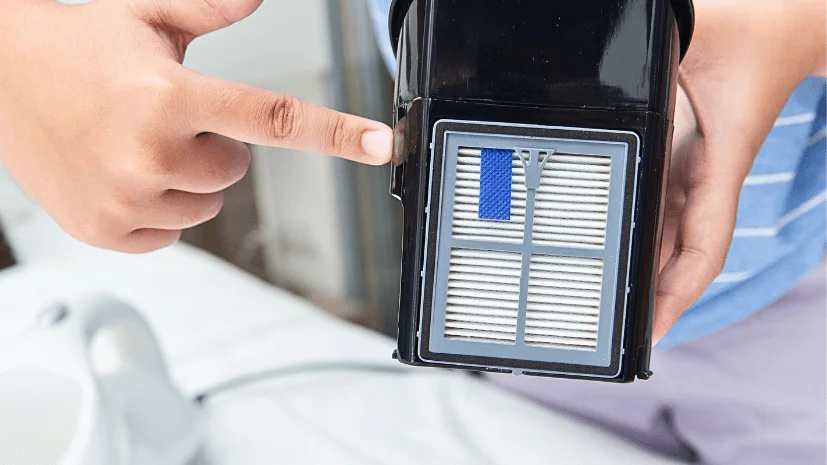
Table of contents
What is a HEPA Filter?
HEPA filters are a well-known type of filter widely used in the market. It stands for (High Efficiency Particulate Air). HEPA filters eliminate 99.97% of contamination in the air with 0.3 microns in size. These filters are remarkable in capturing the most minuscule particles like mold, bacteria, pollen, viruses, etc. Due to this quality, HEPA is found in every household and various industries like hospitals, schools, and offices.
Do you know HEPA filters were used in World War 2 to remove the radioactive particles from the air that were affecting the respiratory system of the soldiers? The combination of diffusion, mechanical filtration, and interception contribute to working HEPA filters, making them an efficient solution to improve indoor air quality.
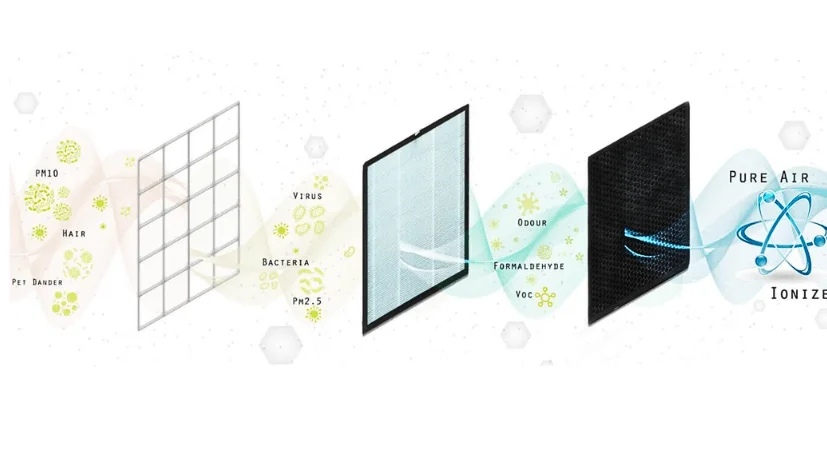
The Role of Carbon Filters in Air Purification
Carbon filters are invented to eliminate unpleasant odors, smoke, fumes, and other dangerous chemicals. These filters are used in industries where the usage of chemicals is common. Carbon filters can be found in various forms, including powder, solid carbon, and cloth. Carbon filter vs. HEPA filter works; carbon filters work due to the treated charcoal with oxygen, which opens up the pores between the carbon atoms.
The tiny chemical pores react and neutralize once debris passes through these filters. After filling all the pores with contaminants, the filter must be replaced to continue performing well. Remember, carbon filters also purify the liquids, so these filters are used in coffee machines and while whisky distilling.
HEPA vs Carbon Filter: Target Pollutants and Efficiency
HEPA and carbon filters offer excellent capabilities for trapping debris from the air. But still, both have different kinds of usage. Carbon filters eliminate fumes and odors, but they’re not good with fine particles. So, you can determine what contaminants you’re working with by looking at HEPA and carbon filters. But sometimes, you may need both filters at the same time.
Here, you can learn about the brief comparison between HEPA and carbon filters along with the target pollutant and efficiency:
1. HEPA Vs Carbon Filter
Effectiveness:
- True HEPA filters trap 99.97% of particles, which are 0.3 micrometers in size.
- The efficiency of HEPA filters decreased for larger particles and particles smaller than 0.3 micrometers. But still, they’re highly effective.
Target Pollutants:
- HEPA filters usually target matter like pollen, viruses, mold, and airborne allergens.
- They are effective in catching various particles from larger to 0.3 micrometers particles.
- HEPA filters can’t trap gasses, chemical vapors, and odors.
Devices:
- They’re widely used in HVAC systems and vacuum cleaners to enhance indoor air quality by eliminating airborne particles.
2. Carbon filter vs HEPA
Efficiency:
- Carbon filters rely on factors such as the amount of activated carbon used, duration of contact with debris, and the airflow rate through the air filter.
- These filters have a large surface area, which allows gases and odors to be absorbed.
Pollutants:
- Carbon filters are highly capable of capturing odors, vapors, and gasses.
- They’re also highly efficient in removing cooking odors, smoke, and airborne chemicals.
Application Usage:
- They’re widely used in standalone filtration devices, HVAC systems, and places where odors are the main concern.
- These filters are usually used with HEPA filters in air purifiers to provide comprehensive results.
3. Combine Usage:
HEPA and carbon filters often work together to enhance the air purification method. This process ensures the simultaneous removal of gaseous pollutants and particles to provide a complete solution to improve indoor air quality.
4. Replacement of Filters:
- Due to improved efficiency, HEPA filters require replacement.
- Carbon filters require regular replacement as they are necessary for gaseous and odor removal.
5. Maintenance:
For optimal performance, both carbon and HEPA filters need regular maintenance, such as washing filters, vacuuming, and replacement according to the manufacturer’s guidelines.
Maximizing Air Quality in Your Space
To create a healthy and comfortable environment, maximizing the air quality in your space is essential. Follow some tips to achieve the results:
- Replace filters regularly
- Usage of high-quality air filters
- Ventilated your space
- Installation of air purifiers
- Avoid indoor smoking
- Control the humidity level
- Vacuuming and dusting regularly
- During cleaning, use natural ventilation
- Maintenance of the HVAC system
- Organic cleaning products used
Incorporating all of these strategies with maintenance can maintain a healthier environment by improving air quality maintenance can maintain a healthier environment with improving air quality. For long-term benefits, regular attention is required.
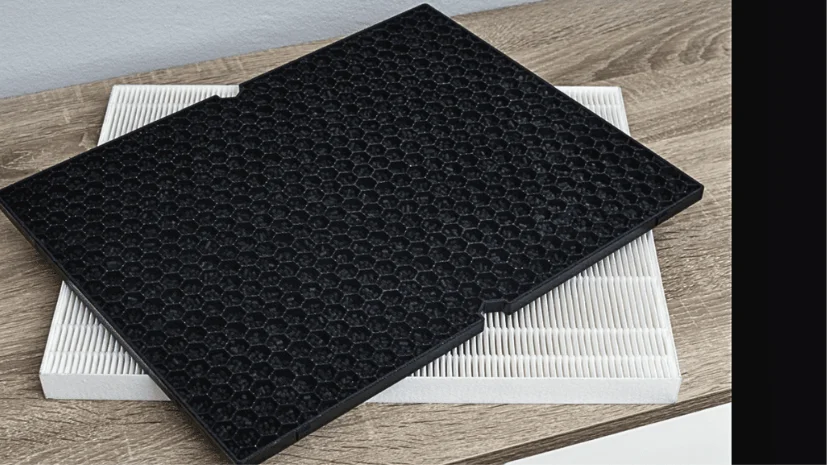
Do You Need Both HEPA and Carbon Filters?
Using HEPA and carbon filters depends on specific requirements and quality concerns. You can achieve optimum results by selecting the air purifier with the most suitable filters. But remember that using HEPA and carbon filters simultaneously increases the overall cost and maintenance. However, the outcomes are outstanding if your environment is polluted.
Today, air purifiers come with multiple filters to improve indoor quality. If you find both gasses and debris in your indoor area, then using both filters simultaneously improves the quality and is reliable for comprehensive filtration.
FAQ’s
1. What’s the Main Difference Between Carbon Filters and HEPA Filters?
HEPA filters trap the particulates, while carbon filters effectively remove gasses and odors from the air. Use a carbon filter if your indoor pollution contains cigarette smoke, smog, paint fumes, and similar gasses.
2. Can HEPA Filters Capture Gaseous Pollutants?
No, HEPA filters don’t remove gaseous from the air. Gasses and other odors are only removed through Carbon filters.
3. In What Situations Should I Use a Carbon Filter Over a HEPA Filter?
You can use both filters simultaneously if you’re dealing with the gasses, chemicals, and debris simultaneously. Carbon filters eliminate odours, while HEPA filters effectively remove larger particles.
4. Why Choose VEVOR HEPA Filters for Particulate Filtration?
Because VEVOR HEPA filters capture 99% of particles from the air, these filters are highly efficient in cases where air quality is critical. They’re reliable in removing all the particles in your indoor facility.
5. How Often Should I Replace My HEPA or Carbon Filter?
Usually, it depends on the type of filters you’re using, but as a rule of thumb. HEPA filters should be replaced every 6-12 months, while carbon filters need replacement every three months.
Bottom Line
If you’re still wondering what type of filter you should use, HEPA vs carbon filter, consider the pollutants in your home and office. HEPA filters trap particulates best, while carbon filters effectively remove gas pollutants. HEPA filters are reliable in removing large and nanosized particles, whereas activated carbon filters only remove gasses that pass through HEPA filters. For a high-quality HEPA system, shop from VEVOR today before it gets late.

